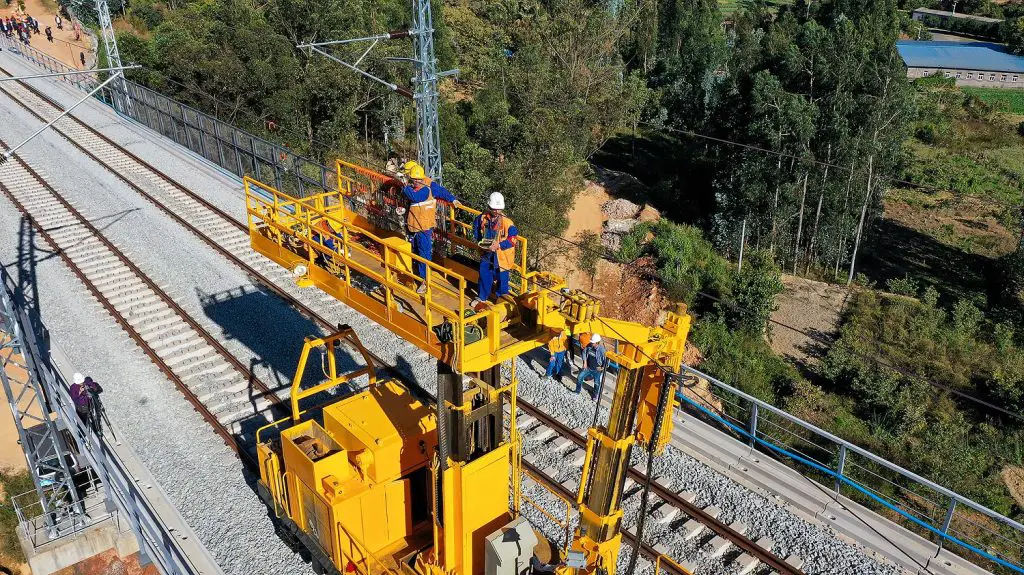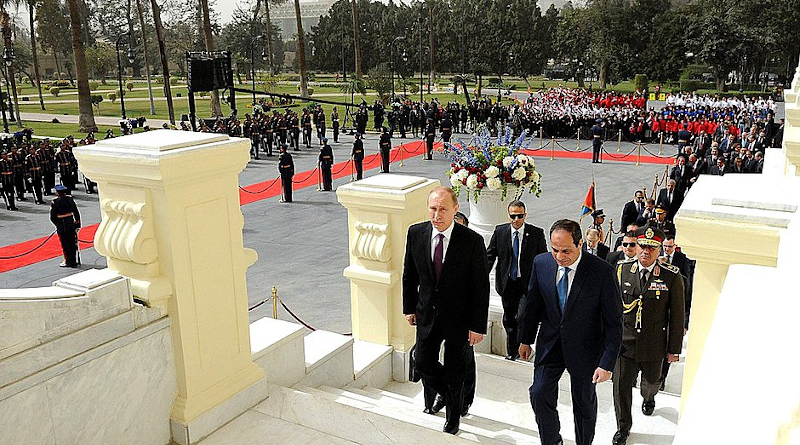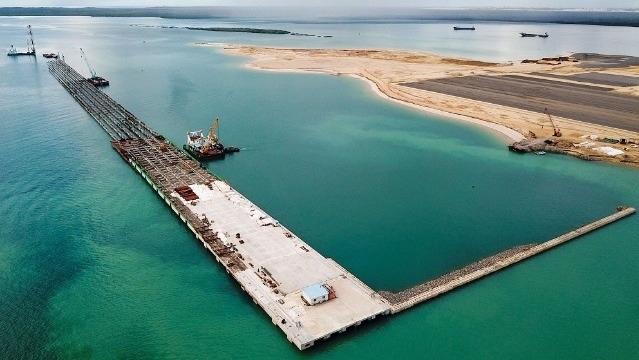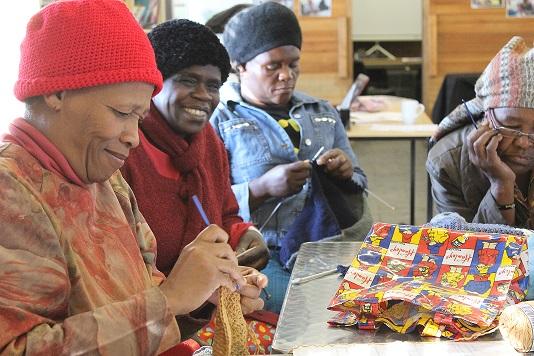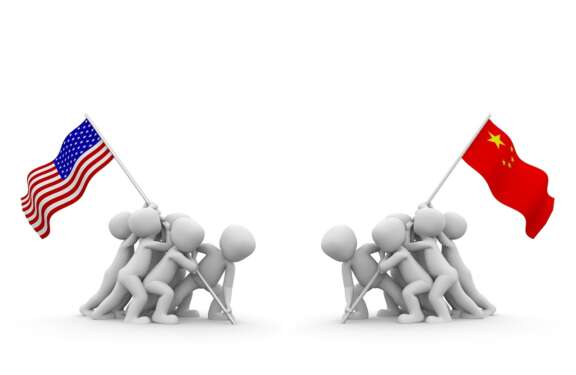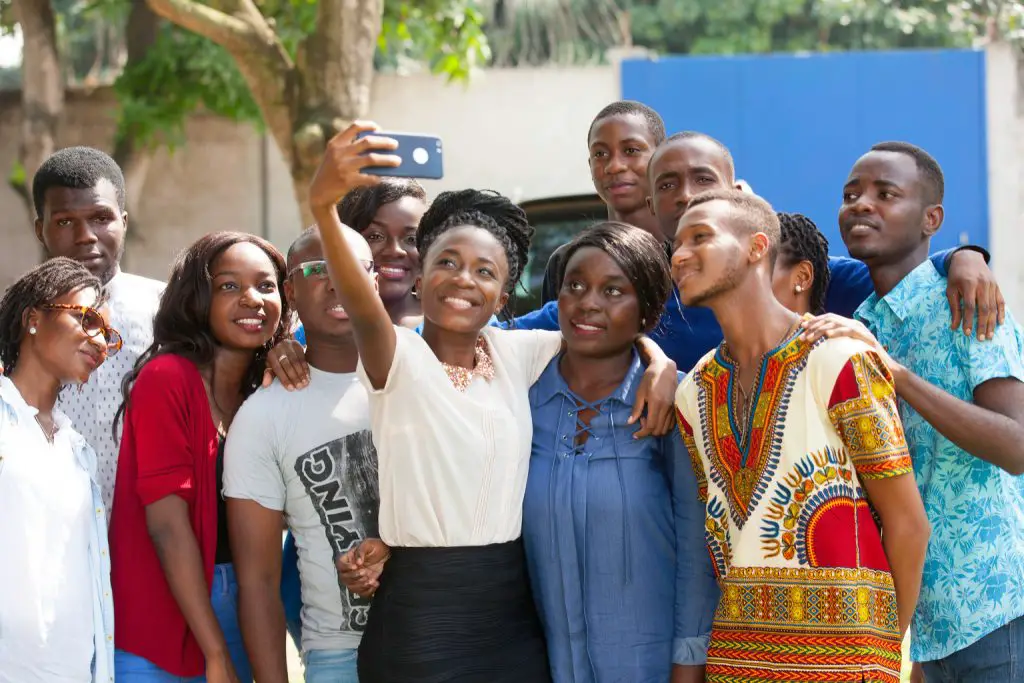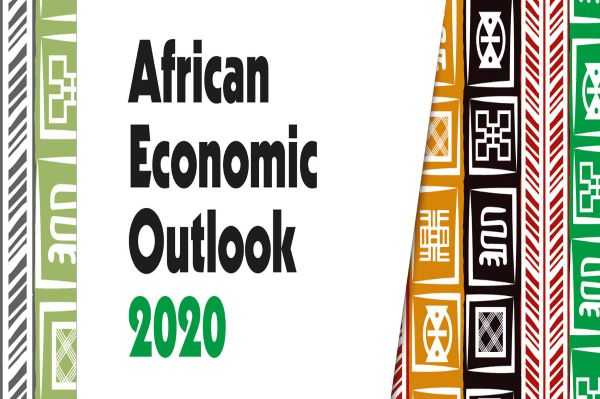- Africa’s new dawn: the rising role of digital and AI in agriculture
- Can Dangote Refinery Transform Africa Energy Ambition
- Gallup Survey: 80 per cent of Kenyan Workers Are Disengaged and Seek New Opportunities
- Madagascar Man Freed from 5KG Tumor After 15-Year Struggle
- How women in Africa are perceived and treated
- Sugar consumption in Kenya to Increase to 1.23 Million Tonnes
- Can Somalia and Turkey Oil deal Bring Change in Somaliland
- Remittances to Kenya dropped to $371.6 million in June, marking a six month low
Browsing: African Development
Consequently, China has carefully abandoned its strong preference for bilateral dealing with problem debtors. The Chinese state avoids being a rule-taker compared to the West on debt issues. Still, it increasingly appears to recognize that multilateral approaches – ideally on an ‘a la carte’ basis – can help contain both the pressures on its African partners and its challenges.
China, therefore cautiously supported the DSSI for some African nations when it came to effect in April 2020, and similarly, the Common Framework launched in 2021. However, the slow implementation of the Common Framework brings to light four specific challenges linked to China’s role.
First is China’s discomfort with the independent and central role played by the IMF in controlling how much a country can afford to pay through its debt sustainability analysis (DSA). Second is the alarm of privates, and public sector lenders in the West over a lack of …
In practical reality, it aims at creating a continental market for goods and services, with free movement of businesspeople and investments in Africa.
Several reports indicate that the summit strives to bring Africa and Europe closer together through strengthening economic cooperation and promoting sustainable development, with both continents co-existing in peace, security, democracy, prosperity, solidarity and human dignity.
It is against this backdrop that the two partners are determined to work together on a strategic, long-term footing to develop a shared vision for EU-Africa relations in a globalized world.…
Some 11 sub-Saharan African (SSA) countries are currently at high risk of debt distress according to the latest debt sustainability analyses by the International Monetary Fund (IMF).
Already, six countries are in debt distress and the debt burden is worsening in the region where the public debt ratio to gross domestic product has surged to 65.6 per cent from 56.4 per cent pre-Covid-19 period.
A study conducted by the China-Africa Research Initiative (CARI) at Johns Hopkins University shows that there is a trend where African governments are mortgaging their natural resources to secure loans from China. This has often ignited debt distress when commodity prices collapse.
Read: Why do lenders want “COLLATERAL”?
This mortgaging of resource is referred to as collateralized sovereign debt. This is where a sovereign loan is secured by existing assets or future receipts owned by the borrowing government. The collateral could be commodities, future export revenues, …
In 2013, the African Union penned the Agenda 2063 policy meant to revolutionize Africa into a formidable powerhouse among global players.
Key pillars of the policy include a thrust toward poverty eradication and sustainable development. The key to the achievement of this policy and any other that promotes Africa’s future lies in transforming the economic fortunes of its people.
Africa’s population is on a growth trajectory and is expected to double by 2025.One of the most significant challenges that the continent faces addresses the critical issue of absorbing these large numbers into meaningful income-generating opportunities.
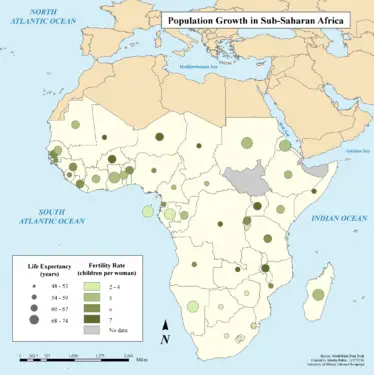
Currently, the employment gap vis-à-vis the growing employable population is widening. This is in part due to the coronavirus pandemic that created a situation of dwindling demand in labor after lockdowns and travel restrictions. Also, the current education gap creates a lack of access to education as well as skills training among employable youth. As …
The recent IMF’s World Economic Output 2020 revealed a new world order. According to the report, the US economy at $20.8 trillion trails the Chinese economy at $24.2 trillion. These statistics are based on purchasing power parity, a measure of the power of a currency to buy the same goods and services within its own shores.
This implies that you can buy more with a dollar in China than you would in the US. By this metric, China’s economy …
The African Development Bank’s Board of Directors approved $27.33 million in grants to help the African Union (AU) to mobilize a continental response to control the spread of COVID-19 pandemic. (Canadian Pharmacy)
African Development Bank
This approval follows a pledge to support the AU’s COVID-19 initiative by the Bank’s president Akinwumi Adesina, during a meeting of the extended Bureau of the Conference of Heads of State and Government with Africa’s private sector in April 2020, chaired by the President of South Africa and chairperson of the AU, Cyril Ramaphosa.
The meeting called for contributions towards the African Union’s COVID-19 Response Fund established by Mr Moussa Faki Mahamat, AU Commission chairperson in March 2020.
Speaking after the Board approval of this operation, President Adesina said: “With this financing package, we are reaffirming our strong commitment to a coordinated African response in the face of COVID-19. Most importantly, we are …
Provide young people with new skills that will meet the needs of a 21st-century labour market, African Development Bank report urges.
African Development Bank President Akinwumi Adesina said the youth must be prepared for the jobs of the future not the jobs of the past.
“Given the fast pace of change, driven by the 4th industrial revolution – from artificial intelligence to robotics, machine learning, quantum computing – Africa must invest more in re-directing and re-skilling its labour force, and especially the youth, to effectively participate,” the Bank president said.
Also Read: Ride the wave of the African Continental Free Trade Area, urges Adesina
According to the African Economic Outlook report, two-thirds of Africa’s youth are either overeducated or undereducated.
Youth unemployment is rising annually with 12 million graduates entering the labour market each year and only 3 million of them getting jobs therefore, youth unemployment must be given top …
Africa’s economic growth remained stable in 2019 at 3.4% and is on course to pick up to 3.9% in 2020, and 4.1% in 2021 as revealed in the African Development Bank’s 2020 African Economic Outlook.
The bank said that the slower than expected growth is partly due to the moderate expansion Africa’s Big five such as Algeria, Morocco, Egypt, Nigeria and South Africa – whose joint growth rate compared with the average of 4.0% for the rest of the continent was at an average rate of 3.1%.
In 2019, investment expenditure for the first time in a decade accounted for over 50% of GDP growth compared to consumption.
The bank noted that the shift can aid in sustaining and potentially speeding the future growth in Africa, increase current and future productive base in Africa while improving the productivity of the workforce.





